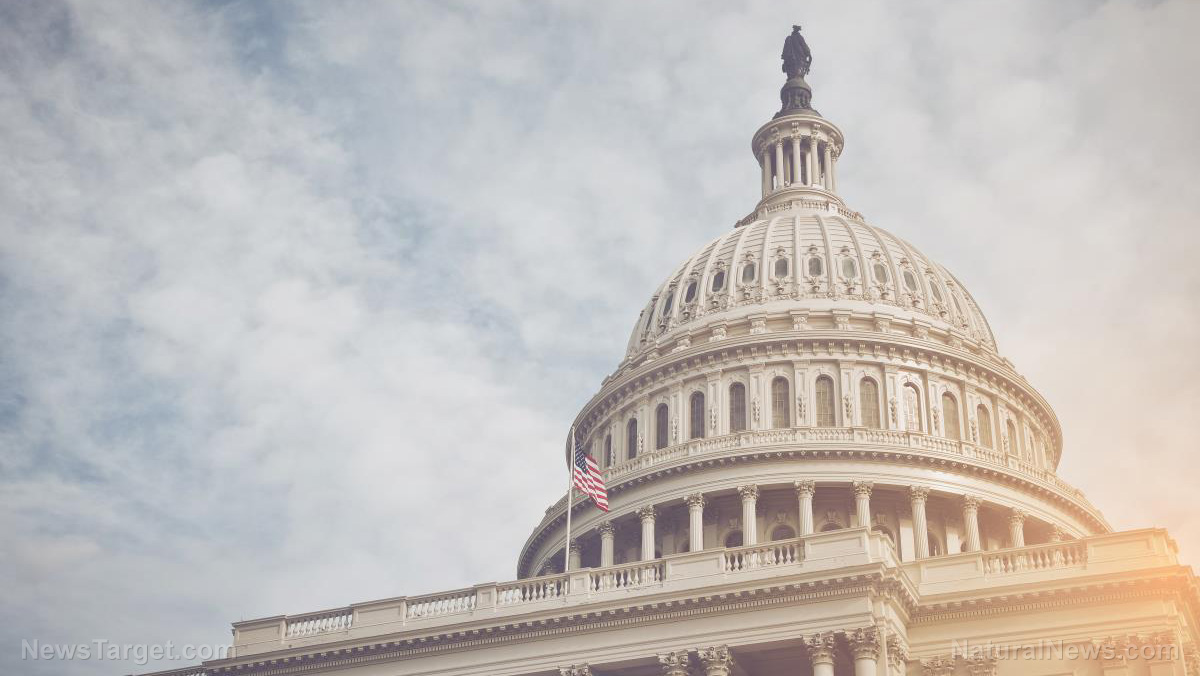Germany is looking to pass a bill that will require social media sites to report “illegal content” to the police – but critics say it’s prone to abuse
02/25/2020 / By Ralph Flores

Germany is looking to tighten the screws on sites like Facebook and Twitter. Last week, the country’s ministers waved through a bill that will require social media companies to proactively report illegal content to the police or face fines that can reach up to 50 million euros ($50 million).
Under existing German law, messages that include hate speech or racial incitement, as well as terrorism-related posts and child abuse imagery, must be deleted within 24 hours. However, the new measure adds that after flagging the posts, the companies are to report these to the Office of the Federal Criminal Police, providing details such as time of discovery and the last IP address related to the user account responsible for the illegal content.
Following the approval, Justice Minister Christine Lambrecht posted on her ministry’s website: “In (the) future, those who make threats or spread hate online will be prosecuted more toughly and more effectively.”
The proposal – now sitting in the Bundestag (Germany’s parliament) for approval – comes at the heels of a recent arrest involving 12 men who were planning deadly attacks on mosques using chat groups. It was first introduced following a terror attack in the eastern city of Halle, where a gunman killed two people after attempting to attack a synagogue on the Jewish holiday of Yom Kippur.
Measure includes public support, approval of hate speech
The bill also expanded the definition of criminal hate speech to include threats of rape or property damage, as well as expressing approval for serious crimes. For instance, a person who retweets hate speech to a wide audience or shows direct support on a public forum is liable to be prosecuted if the bill is passed into law.
“Whoever threatens to kill people … isn’t expressing an opinion, he’s committing a crime,” Lambrecht added.
Germany has always been keen to take action against illegal online content. To note, the country has stricter laws on dealing with hate speech compared with the rest of the EU, which mostly have non-binding rules with the tech industry.
Judge, jury and executioner?
Many experts, however, are wary of the implications of the measure once it’s passed into law. For one, the bill empowers big tech companies further, since it will fall squarely on them to decide which content should be reported as illegal – and not the courts.
In the U.S., tech companies routinely engage in censorship, in particular, banning independent content that goes against their Left-wing sensibilities. In June 2019, Facebook scrubbed Natural News from its platform, even as the latter did not violate any community guidelines. It was later found that the social media behemoth implemented the ban for an article that was never published on the site.
On the other hand, German authorities are confident that the bill is another tool for them to stem the rising tide of online hate speech and anti-Semitic attacks, which have markedly risen in the country in recent years. In a statement to the Financial Times, Lambrecht added that the measure is a way for them to stop the spiral of hatred and violence by “[draining] the breeding ground on which extremism thrives.”
Aside from the increased requirements for social media companies on criminal hate speech, the bill also contains a section that will protect “prominent personalities” – like politicians – from targeted, politically motivated attacks. In the future, the government says that the measure will also be extended to journalists and even activists.
Get the latest on Big Tech stories at BigTech.news.
Sources include:
Tagged Under: badtech, Big Tech, cyber police, Facebook, Germany, Hate speech, internet, Social media, speech police, surveillance, tech giants, thought police, Twitter
RECENT NEWS & ARTICLES
COPYRIGHT © 2017 THOUGHTPOLICE.NEWS
All content posted on this site is protected under Free Speech. ThoughtPolice.news is not responsible for content written by contributing authors. The information on this site is provided for educational and entertainment purposes only. It is not intended as a substitute for professional advice of any kind. ThoughtPolice.news assumes no responsibility for the use or misuse of this material. All trademarks, registered trademarks and service marks mentioned on this site are the property of their respective owners.


















